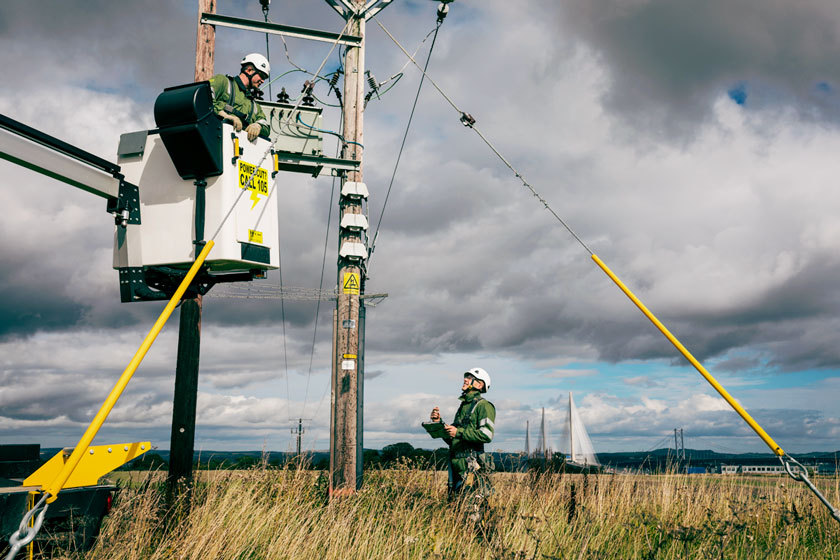SP Energy Networks (SPEN) is providing £13 million in funding to create additional capacity in areas of Glasgow it expects electricity demand to grow.
One of these areas is close to the venues where COP26 is due to be held in November, with the distribution network operator (DNO) investing £6 million to ensure the additional demand needed in the city can be supported by providing new electrical circuits operated from an existing nearby substation.
Once COP26 has ended, a substation will be built to house this new equipment and create additional electrical capacity for the city centre to help facilitate future green developments and the connection of low carbon technologies.
A further £6 million is to go towards the installation and commissioning of another new substation by the end of 2022 that SPEN said will be critical to First Bus’s ambitions of phasing in the introduction of electric buses from 2021 to 2023 and the necessary charging infrastructure.
Earlier this month, First Bus unveiled plans for the UK’s largest electric vehicle (EV) charging hub with the installation of 162 150kW chargers expected to be completed across the next 18 months.
The final of the three projects will see £1 million invested to upgrade equipment in 16 substations in and around the city to support the planned decarbonisation of Police Scotland’s vehicle fleet.
The network project will assist in the creation of a ‘green corridor’ of EV charging points along the key routes, which will be primarily used by police to escort delegates and heads of state when COP26 takes place in Glasgow later this year.
The reinforcement work will release additional network capacity, allowing Police Scotland to connect EV chargers in key locations.
Frank Mitchell, CEO of SPEN, said: “We need to see significant investment in our networks now, so they can deliver the electrification of heat and transport and the move to renewable energy that is needed to meet our climate ambitions.”






